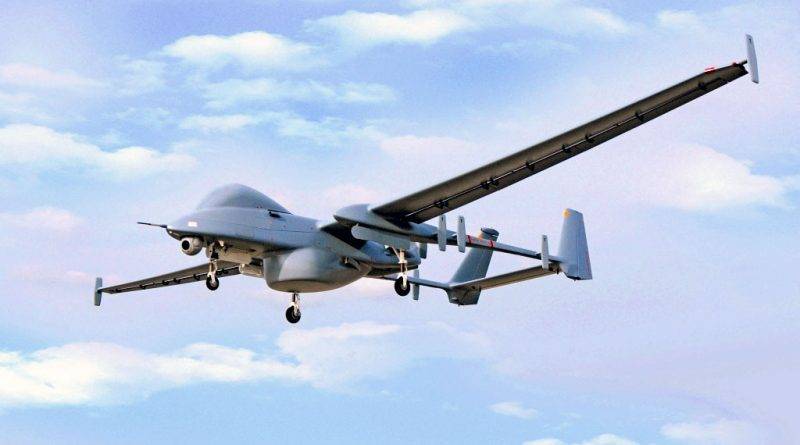In recent years, the use of drones has expanded dramatically, becoming a staple in industries ranging from cinematography to agriculture. Aspiring drone pilots are now in high demand, making it essential to master the skills needed to excel in this exhilarating field. With the rapid development of technology, becoming a proficient drone pilot requires not only understanding the mechanics of drone operation but also staying updated with the latest regulations and advancements.
Understanding Drone Technology
Modern drones come equipped with sophisticated technology that demands a solid understanding of various components such as GPS systems, cameras, and flight controllers. As drone pilots, having a comprehensive grasp of these elements will enable you to maximize your drone’s capabilities. Moreover, understanding the different types of drones available—such as fixed-wing or rotary—can significantly enhance your operational efficiency and choice of drone for specific tasks.
Acquiring Practical Skills
Hands-on practice is imperative for mastering your skills as a drone pilot. Regularly engaging in flight exercises helps you familiarize yourself with the controls and hone your maneuvering capabilities. Practicing under varied conditions can prepare you for real-world scenarios, ensuring that you can handle your drone effectively regardless of external factors.

Staying Updated with Regulations
Drone pilots must remain informed about the legal landscape surrounding drone usage. Regulations may vary significantly depending on geographical location and purpose of use. Knowledge of airspace laws, privacy rules, and commercial operation permits are crucial to avoid penalties and ensure safe and lawful flying.
Safety First
As drone pilots, prioritizing safety is a fundamental aspect of conducting flights. Proper pre-flight checks, maintaining line-of-sight, and understanding emergency procedures are integral components that ensure the security of both the drone and its surroundings.
Expanding Career Opportunities
The demand for skilled drone pilots extends beyond a hobby and into numerous professional fields such as real estate, environmental studies, and journalism. Acquiring certifications and advanced training can open doors to career opportunities, making it viable to turn your passion for drones into a lucrative profession.
Networking with Fellow Enthusiasts
Joining drone pilot communities and participating in forums can be invaluable for learning and growth. Connecting with fellow drone enthusiasts provides opportunities for collaboration, sharing experiences, and learning about the latest trends in drone technology.
FAQs
Q: What certifications are necessary for drone pilots?
A: Commercial drone pilots typically need the Part 107 certification from the Federal Aviation Administration, which demonstrates their knowledge of aviation regulations and safety practices.
Q: How can I improve my drone control?
A: Regular practice and simulation training are effective ways to enhance your drone control skills. Experimenting with different drone models can also provide a broader understanding of flight techniques.
Q: Is drone piloting a viable career?
A: Yes, with industries increasingly integrating drone technology, there are ample career opportunities available for skilled drone pilots in various sectors. Advancements in technology continue to create new career paths for drone enthusiasts.